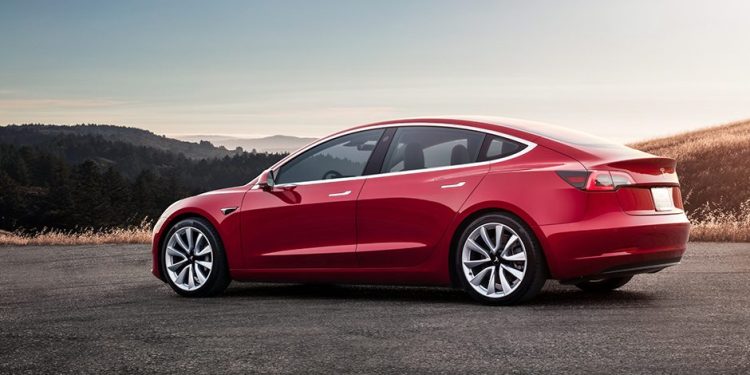Survey shows Kiwis underestimate electric cars
New Zealand fares better than most with regards to its adoption of next-gen electric cars. But interestingly, a new study has highlighted a lack of awareness of the average EV’s range capabilities.
A study conducted by TradeMe has found that, on average, New Zealanders range expectations for electric vehicles are 43 per cent lower than the reality.
A total of 3000 Kiwis were surveyed as part of the study. They were requested to guess the range capabilities of a selection of electric vehicles, before being asked how likely they were to buy either a hybrid or an electric car as their next vehicle.
In the end, 22 per cent of those surveyed said their next car was likely to be a hybrid, with 12 per cent indicating it would be an EV. The latter reflects an overall drop in the number of people wanting to buy an EV as their next car, compared to previous studies conducted by TradeMe.
Millennials were the most likely age group to buy an EV next, while baby boomers were listed by the study as the least likely. Respondents from Auckland and Wellington were the most likely to consider an EV, with the West Coast being most EV-averse.
“We are seeing owners of plug-in hybrid cars now using the electric function almost exclusively, but still preferring the flexibility of being able to switch to fuel,” said Alan Clark, head of Trade Me Motors.
“With more models on the market, it is not surprising hybrids are perceived as slightly more practical. It will be interesting to see if this changes over time as EVs become more accessible.”
Clark said the decrease in people wanting to buy an EV compared to previous studies could have been linked to the financial pressures of the Covid-19 pandemic.
“There are plenty of New Zealand households taking a look at their spending at the moment and making the switch to an electric vehicle might not stack up when they have cheaper alternatives during this uncertain time.
“The initial upfront cost of an electric vehicle was the number one reason participants said they would not buy an EV, with 69 per cent of Kiwis seeing this as a barrier.”





